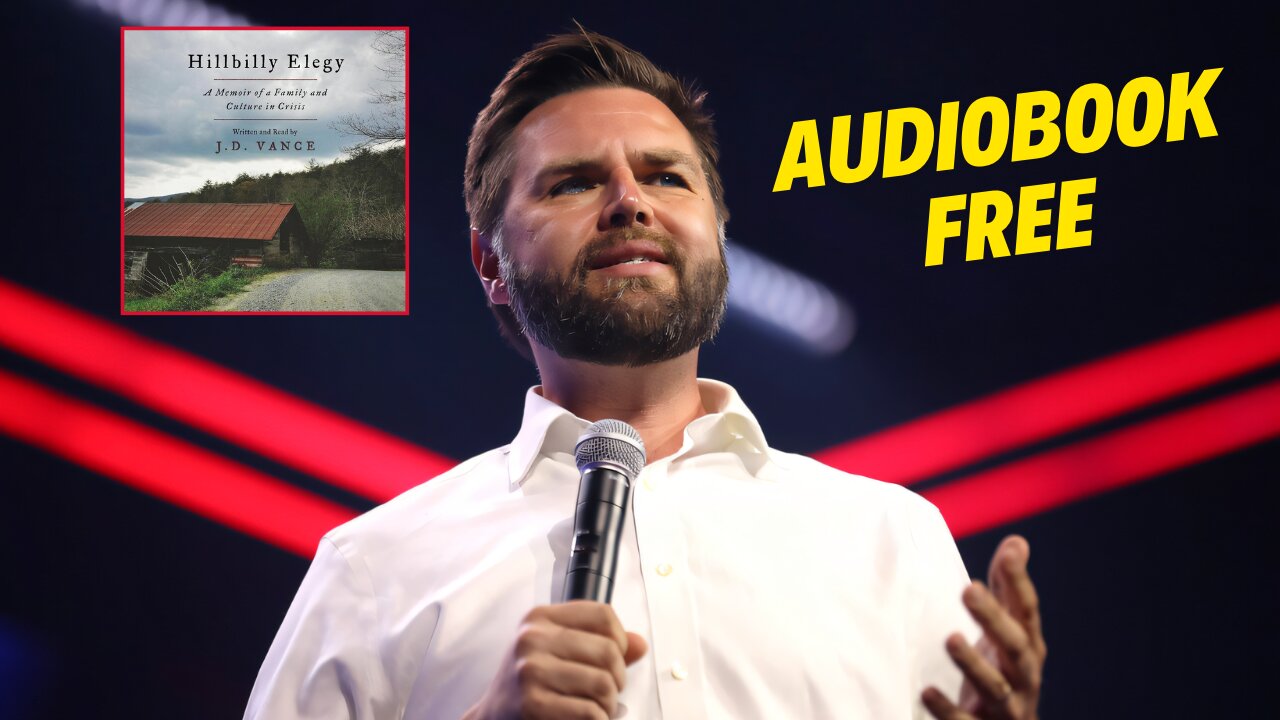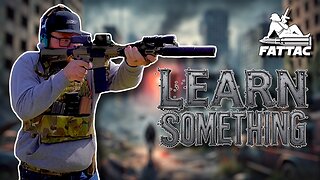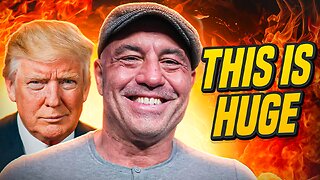Premium Only Content

Hillbilly Elegy Audiobook Free - JD Vance
#jdvance #audiobooksfree #freeaudiobooksfulllength
In his autobiography, Hillbilly Elegy: A Memoir of a Family and Culture in Crisis, J.D. Vance describes his upbringing in a working-class, impoverished, Anglo household and his Appalachian roots.
✅ Free audiobook: https://summarybooks.shop/free-audiobooks/
Hillbilly Elegy Audiobook Free - JD Vance
In addition to detailing his journey from dysfunctional Ohio homes to the Marine Corps, Ohio State University, and Yale Law School, Vance also details the various elements that contribute to the demise of white working-class Appalachians into poverty, addiction, and hopelessness, which frequently results in their exclusion and danger.
Almost midway between Dayton and Cincinnati, in Middleton, Ohio, was the primary place of Vance’s upbringing. His ancestors were from Kentucky’s Breathitt County. His brethren’s willingness to work manual labor jobs has faded with time, as has his family’s history of doing so. His family self-identifies as hillbillies, and Vance agrees. His part of the Appalachian Rust Belt thus exudes despair.
Throughout the biography, Vance describes Appalachian ideals, the most significant of which is family loyalty at any costs. He recounts the tale of his mother’s past drug addiction and the history of alcohol abuse by his grandparents, both of which were prevalent in his numerous childhood homes. Vance’s mother, who was married five times before he was eighteen, frequently cannot or will not care for him, so he spends a significant amount of his early years with his grandparents, Mamaw and Papaw. Lindsay, his elder sister, also frequently fills in as a surrogate mother.
Vance attributes his inspiration and motivation to depart and enroll in Ohio State and ultimately Yale Law School to his strict yet affectionate grandma. His future wife, Usha, is someone he meets while attending Yale Law.
Vance blames native hillbilly culture for the collective immobility of Appalachians, placing a great deal of the blame for the region’s misery on the Appalachians themselves as he relates his personal narrative. Vance also assigns blame to shifts in American employment, particularly to multinational firms that outsource work, and to a lack of consensus in public policy regarding how to improve the public schools in his hometown.
Throughout the novel, Vance questions and validates a fatalistic outlook on life for both the larger Appalachian society and himself as a teenager. He believes that the Appalachians have learned to see their circumstances as inevitable outcomes for which they are powerless to alter and, far too frequently, absolved of blame.
This kind of “learned helplessness” confines the Appalachians to hopeless, immobile stations where they are always looking for something to pass the time and escape the boredom of life, whether it’s booze, drugs, or unnecessary materialistic goods. According to Vance, when Appalachians experience pain and feel ignored by society, they would do anything to ease that anguish.
Vance firmly believes in taking personal responsibility. Being a self-professed conservative Christian, he views poverty differently than liberals. According to Vance, poverty is a matter of personal accountability rather than a systemic one. Vance uses his encounters with welfare system swindlers as one argument for why the majority in most of the South and Appalachia shifted from Democratic to Republican.
Following Vance’s discussion with The American Conservative, Hillbilly Elegy became well known and has subsequently garnered positive, although often conflicting, reviews from critics across political divides.
Music: Chronicles of Valor by Morgan Luna
-
 13:37
13:37
Exploring With Nug
12 hours ago $5.41 earnedSUV Found Underwater Searching For Missing Man Jerry Wilkins!
55K4 -
 2:58:21
2:58:21
xBuRnTx
7 hours ago1st Warzone Stream Online
37.6K2 -
 6:10:21
6:10:21
JdaDelete
1 day ago $3.66 earnedDino Crisis - Sega Saturday
78.2K4 -
 23:22
23:22
MYLUNCHBREAK CHANNEL PAGE
1 day agoUnder The Necropolis - Pt 5
67.4K30 -
 2:26:11
2:26:11
Jewels Jones Live ®
2 days agoWINNING BIGLY | A Political Rendezvous - Ep. 108
132K43 -
 2:04:49
2:04:49
Bare Knuckle Fighting Championship
4 days agoBKFC FIGHT NIGHT MOHEGAN SUN FREE FIGHTS
67.5K7 -
 25:09
25:09
BlackDiamondGunsandGear
10 hours agoYou NEED to be Training For Whats to Come
46.9K11 -
 20:03
20:03
Sideserf Cake Studio
16 hours ago $1.64 earnedA HUNGRY HUNGRY HIPPOS CAKE THAT ACTUALLY WORKS?
44.7K13 -
 23:51
23:51
marcushouse
17 hours ago $1.55 earnedStarship’s Next Move Is Coming Sooner Than You Think!
30K6 -
 22:24
22:24
The Finance Hub
23 hours ago $9.32 earnedBREAKING: JOE ROGAN JUST DROPPED A MASSIVE BOMBSHELL!!!
32.9K35